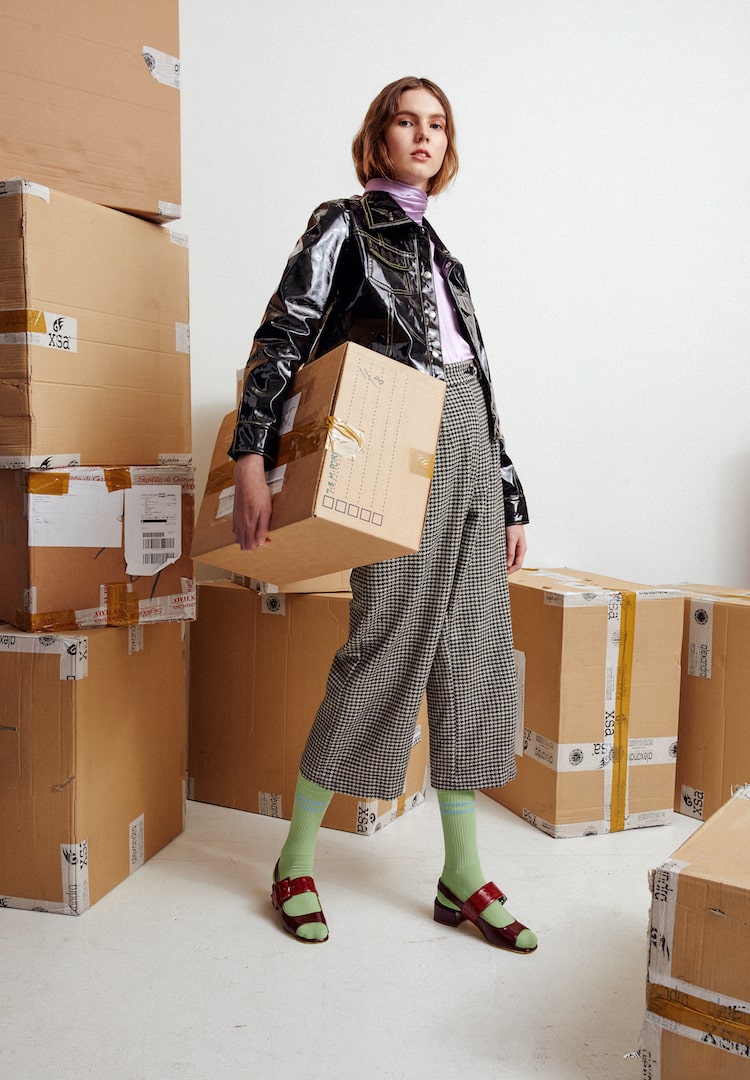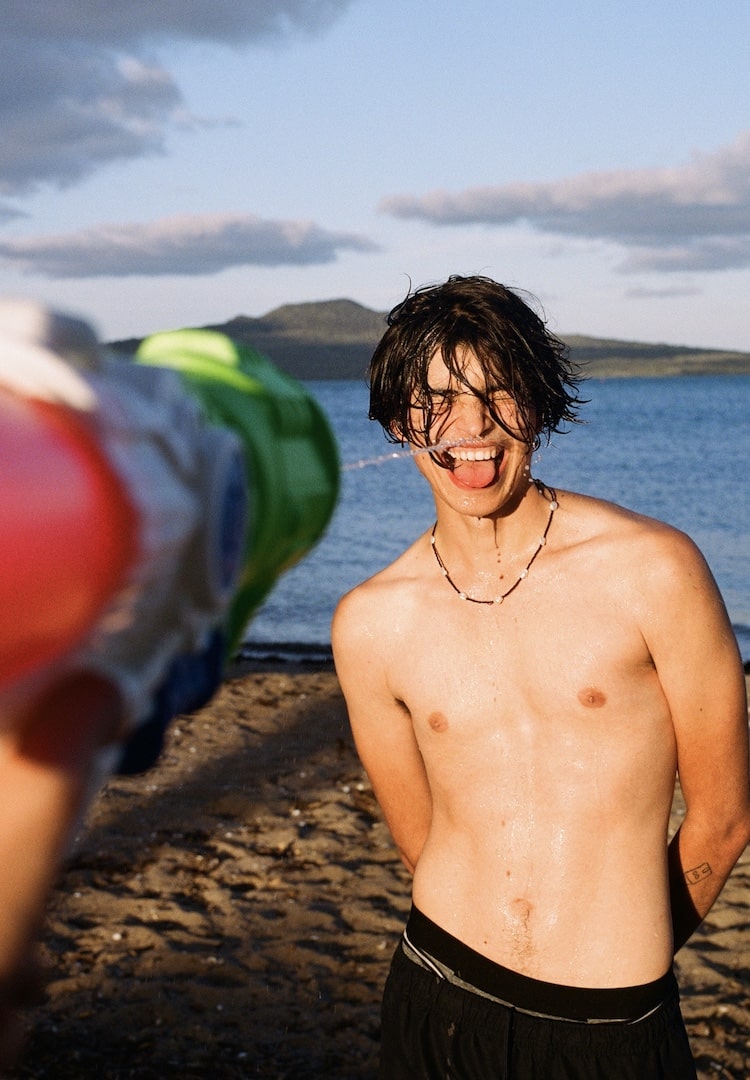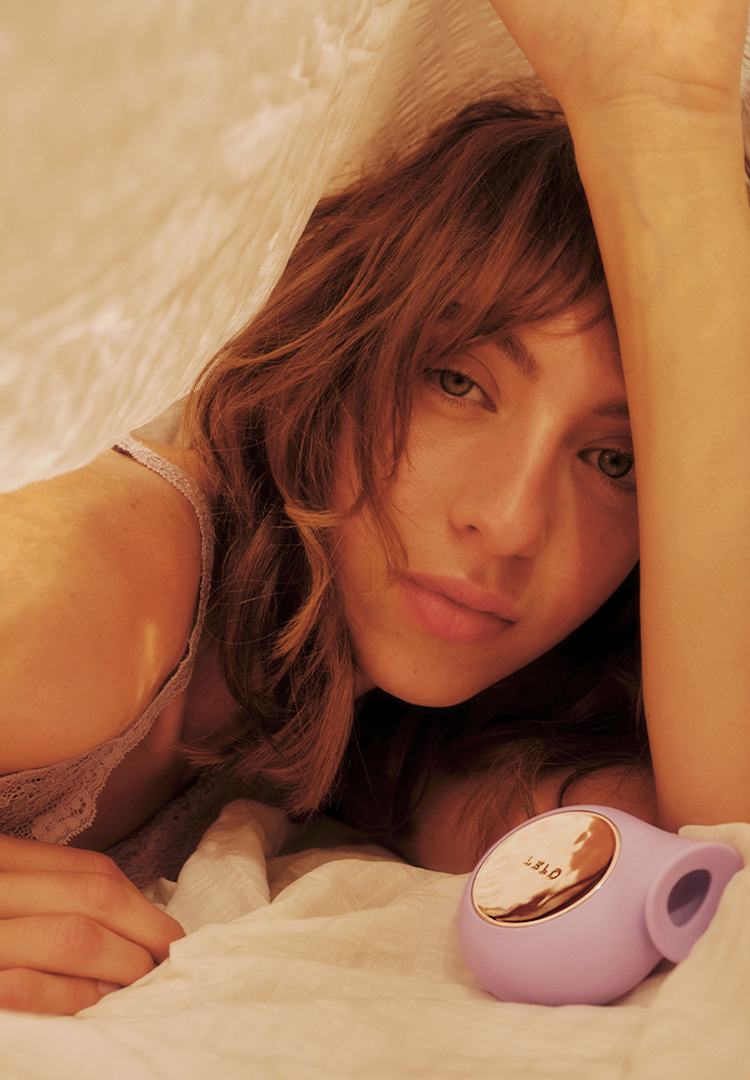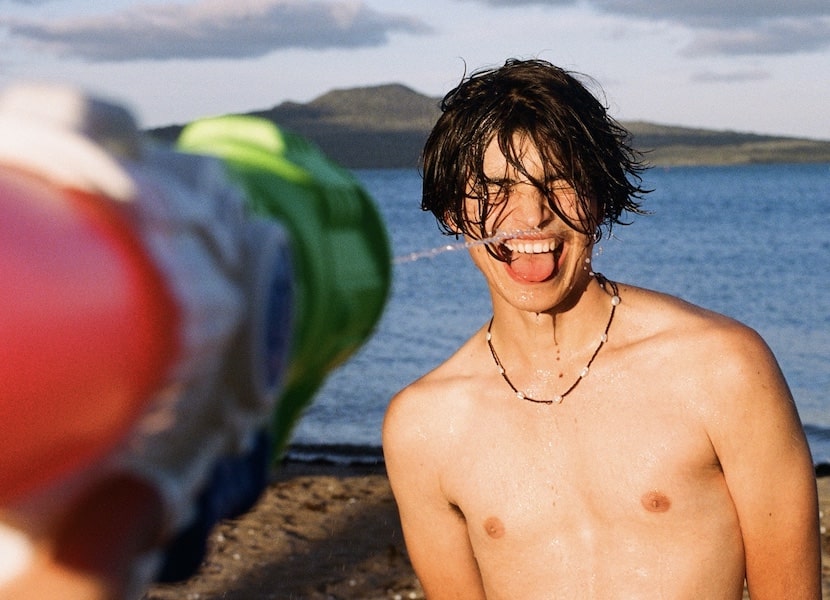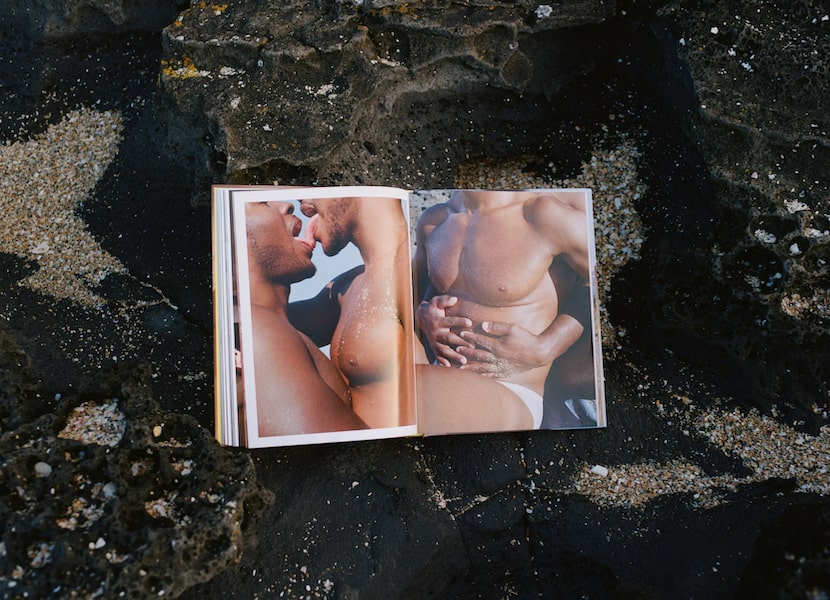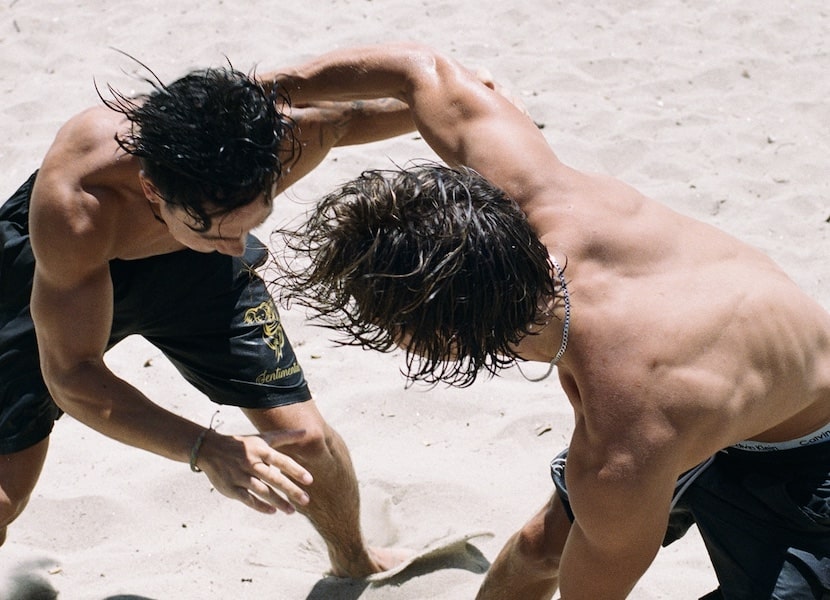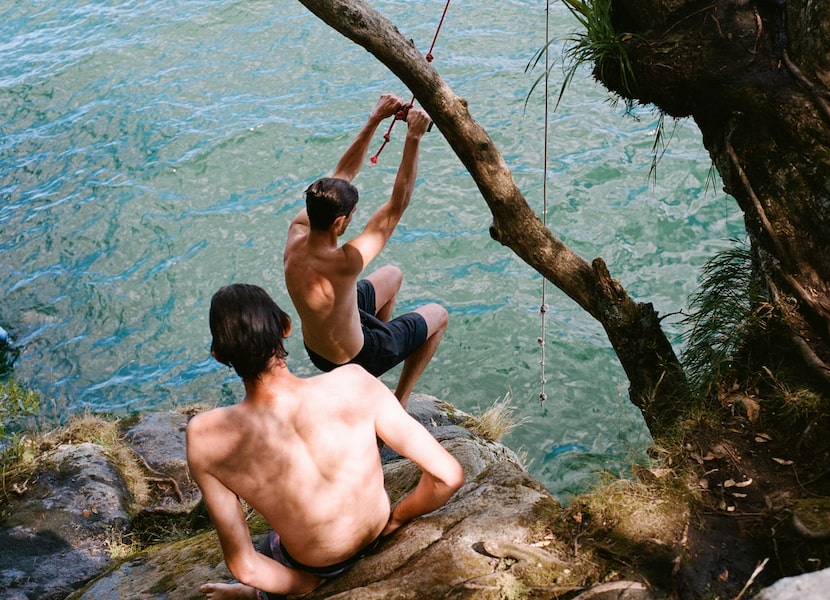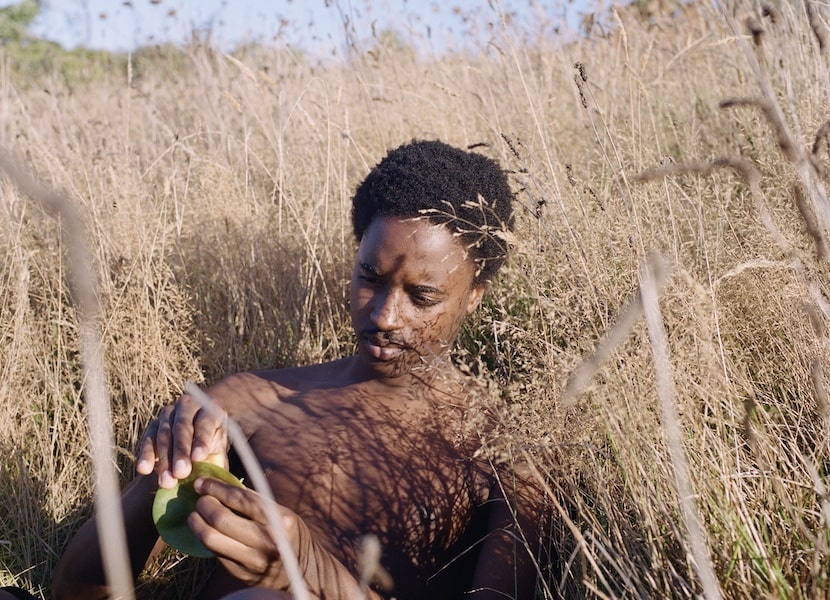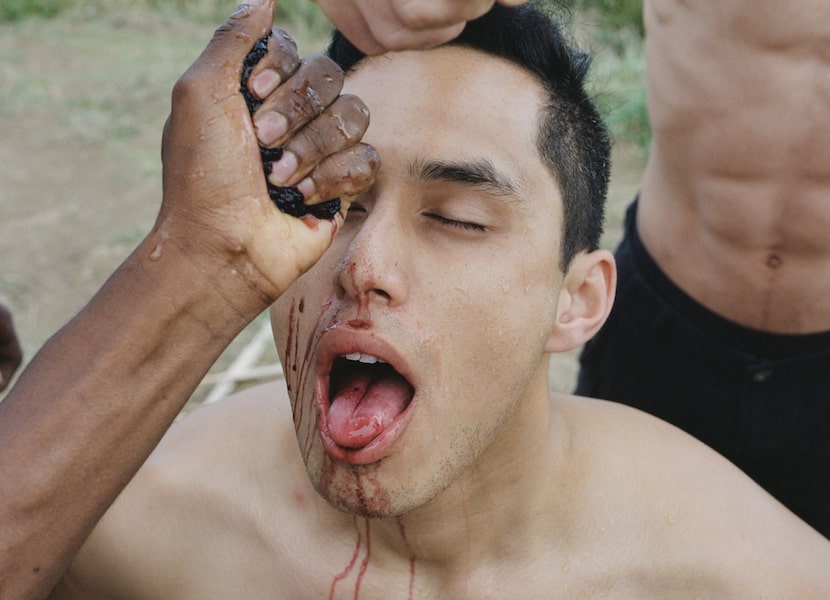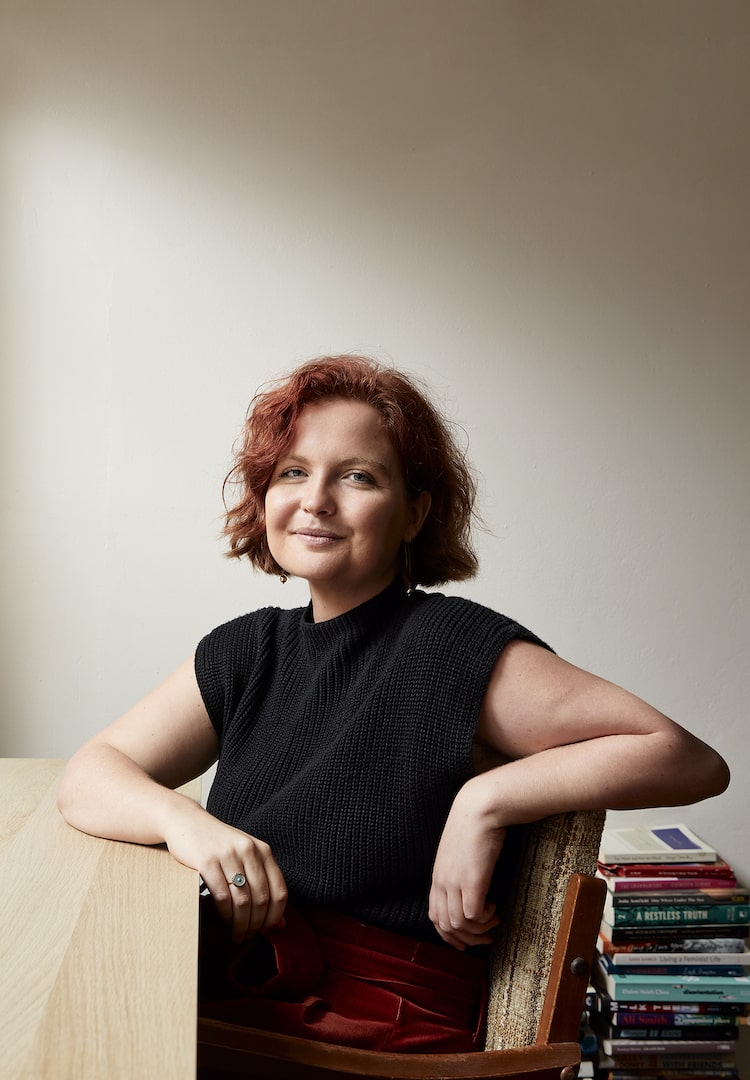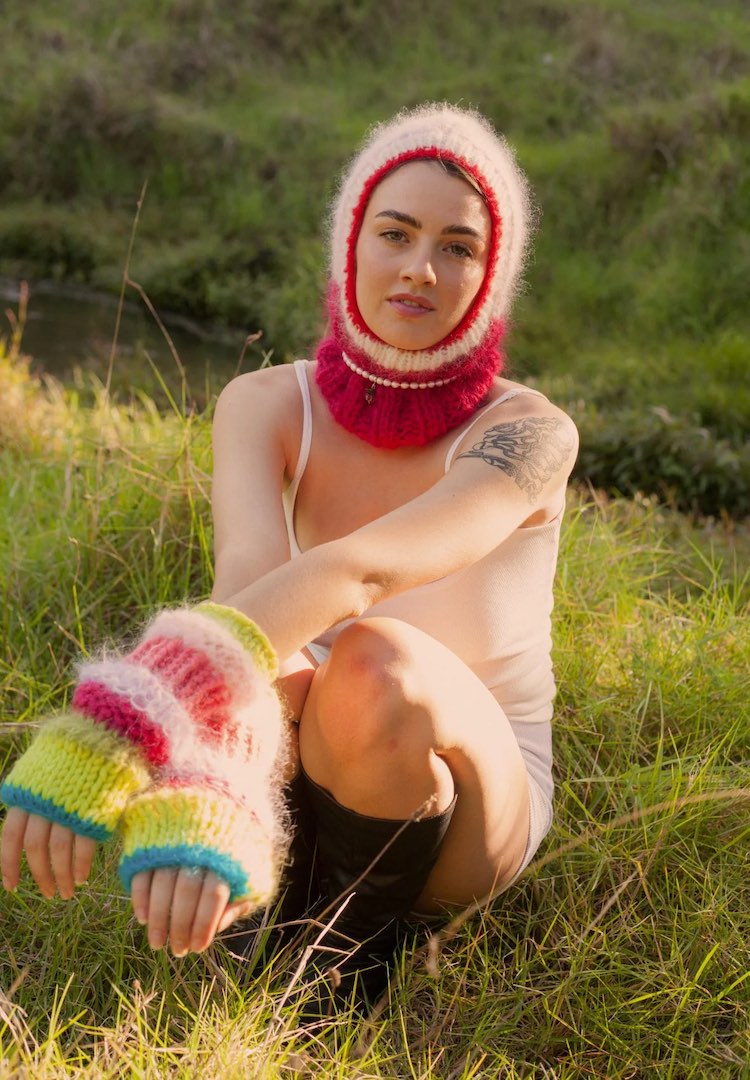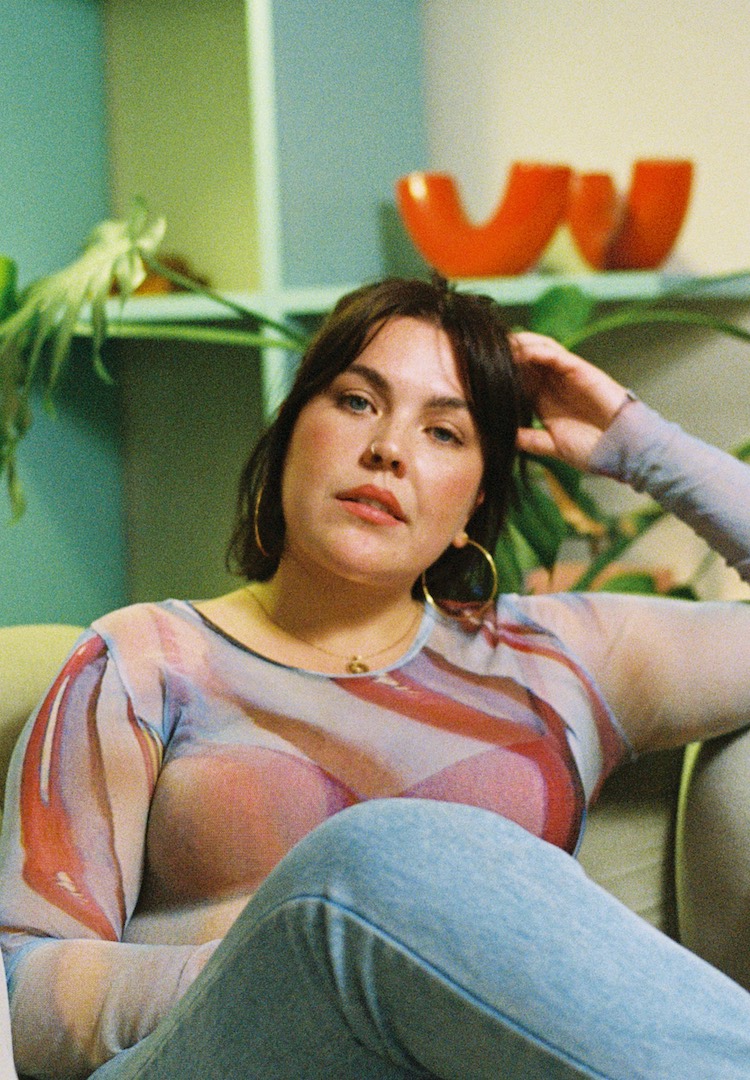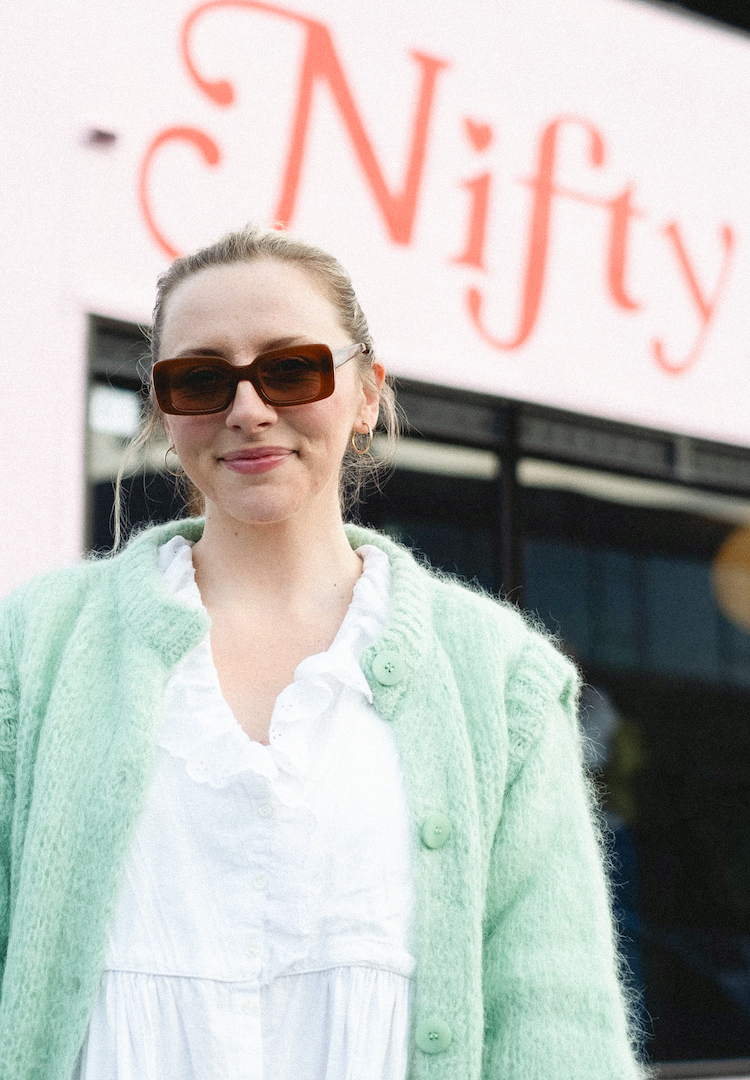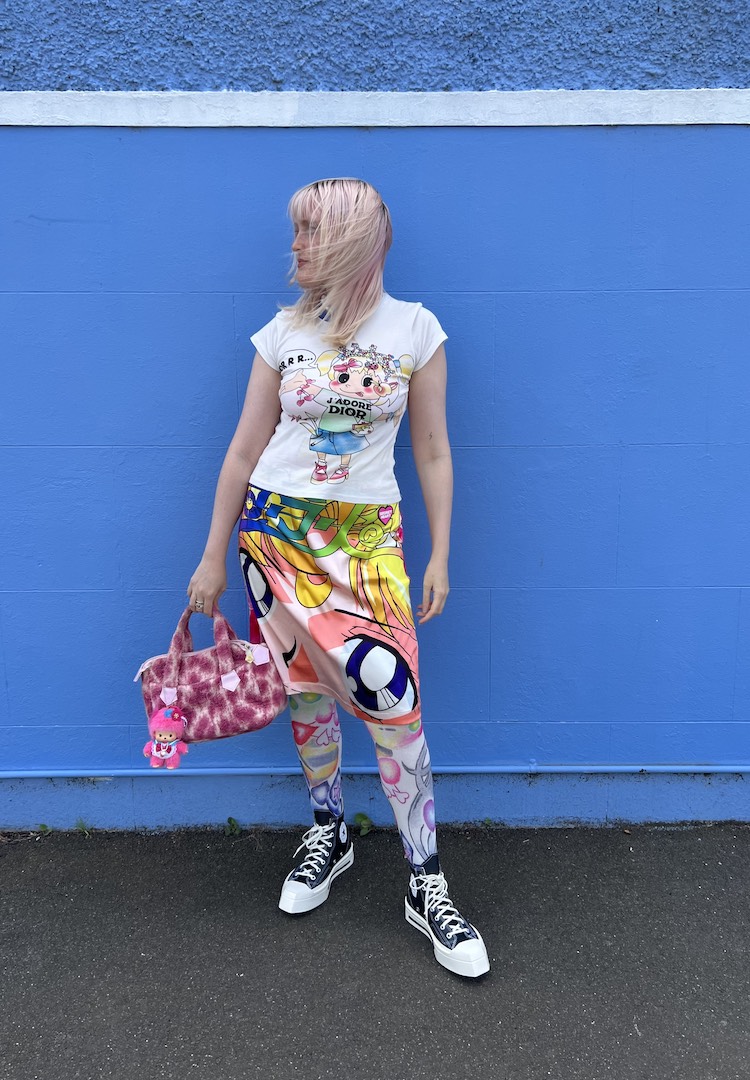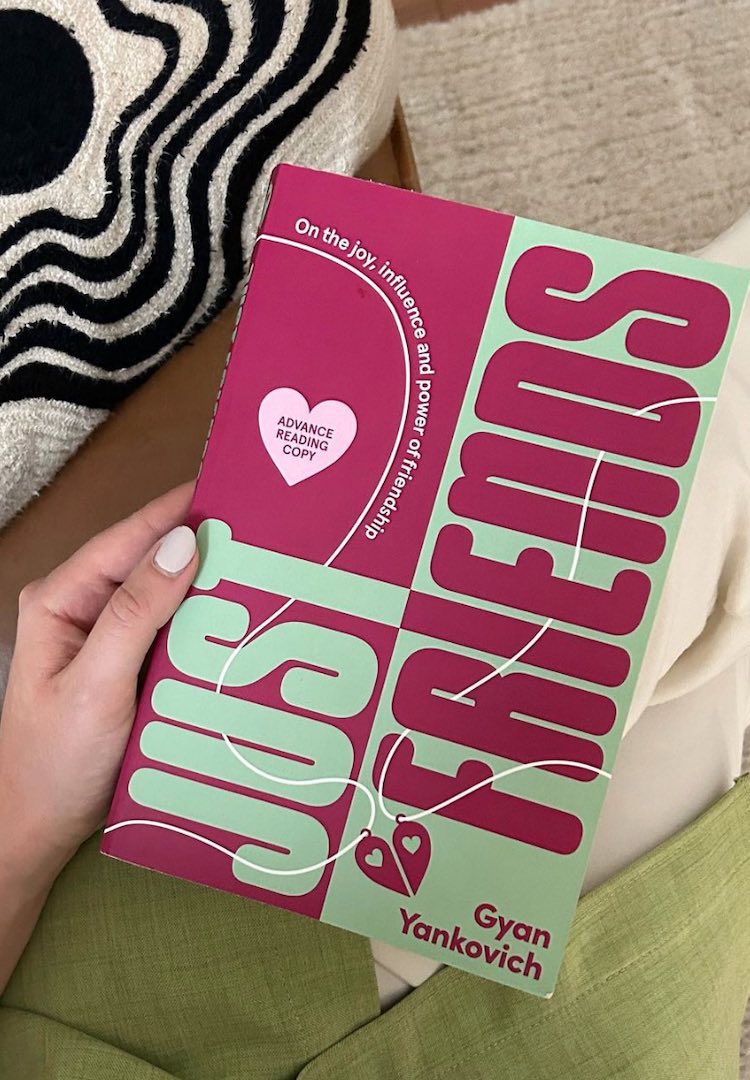Auckland photographer Rob Tennent’s second book is a celebration of nostalgia and male relationships
PHOTOGRAPHY BY ROB TENNENT
WORDS BY AMY FOCIC
“There’s that whole sense of nostalgia that comes with the beaches here, and everyone has a connection to the ocean, which I think is beautiful.”
If languishing through lockdowns has you yearning for summer, you might want to avert your eyes now. The images from photographer Rob Tennent’s book I Am Going To Miss You are infused with an incredibly playful, dreamlike quality. It’s as if Rob has captured these heightened feelings of collective nostalgia and delivered them to us in photographic form.
Central to the book, too, are the dynamics between the men Rob documents. Whether friends or lovers, these men share vulnerability and intimacy, sometimes unintentionally. It’s a welcome meditation on masculine affection, between both straight and queer men.
Interested to hear how others navigate the world? Head to our Life section.
I Am Going To Miss You is Rob’s second book, and hopefully not his last. I talked to Rob about tenderness in male relationships, New Zealand’s unique light and making work that has an impact.
Can you tell us about what you’ve documented in this book?
I decided that since I was in lockdown, I didn’t have any projects over summer. So I decided I was going to go on a road trip and document different beaches around New Zealand’s North Island, but quickly realised how boring that was, just beach shots. I was sitting on the beach at one of the stops I made and I saw these two boys wrestling. I was interested and captured by the way that it was so playful and innocent.
These were two seemingly straight guys, so I thought that this was an interesting connection that they had. Two male friends, allowing themselves to be so vulnerable and play on a beach in front of so many people. So then I thought okay, I’m going to document friendships among guys, and how boisterous and competitive they get with one another. Then I just decided I wanted to take 200 images. I’m a very visual person, so I imagined how thick a book of 200 pages was.
View this post on Instagram
So you knew from the get go that it was going to be a book, a body of work?
Yes. We live in such a digital age, where all the shoots I do just go online and then in a week, it’s kind of like ‘We’ve seen that shoot, what’s next?’ and I didn’t want that. So I’ve always been keen and interested in doing books because it just lasts so much longer and there’s a special feeling. That’s why magazines are still doing what they’re doing, because we still have that connection to flipping through pages.
Intimacy is very front and centre in the book. Did it feel intimate to be shooting those moments between other people, even though you weren’t necessarily directly involved?
Yeah, I think there was a tenderness and a lot of reservation from a lot of the guys… I wanted to capture candid moments, but also knew that on a medium format camera where you have to crank it every time, it’s really hard to get those in-between moments. I’d have to reenact them, or say ‘Okay now you’re going to try and push each other off, and I’ll take a photo when I see the shot.’
On some of the shoots it was just me and one other person, and it was intense the level of connection you had to be on to get them to trust you. Thankfully, now they’re all my friends and they all had a great experience, and of course I had to make sure they were comfortable doing whatever they were doing.
View this post on Instagram
How did you go about finding subjects?
I thought I could just get away with going onto a beach and shooting strangers, but I did that only twice and what I then started to realise… the beaches I go to are very white and also I’m not that confident going up to strangers. So then I thought ‘Okay, I can’t just have a book full of white people, that’s not very inclusive and that’s not a true representation of what summer is like here’.
So what I did was I went on Facebook and literally just stalked through hundreds of pages – say a friend I went to school with, then I’d look through all of his friends to find a profile picture that looked like they could take good photos. Then I DM’d them.
You said you initially set out to shoot landscape images. How did the landscape end up influencing the images that you created?
I think we have such unique light. Everyone always says New Zealand has this really good sun and sometimes when you take a photo you can just tell it’s in New Zealand because of the lighting. I don’t know what it is, but our coast is so special and it’s such a tradition here and part of the culture to go to the beach every summer. There’s that whole sense of nostalgia that comes with the beaches here, and everyone has a connection to the ocean, which I think is beautiful. It’s a very coastal country.
So I’d never explored my country – I’ve only been here for like nine years. I was born in Cambodia and I moved here when I was 12, so I didn’t really have this nostalgic summer that everyone was talking about. So I thought I would do it and take photos of these beaches. Not many of them made it into the actual book, only a handful of shots worked, because the photos had to tell a story.
View this post on Instagram
Did elements of your own childhood still influence this idea of nostalgia?
For sure. I lived in Saint Lucia in the Caribbean for two years, so I was seven and eight when I lived there… I learnt how to scuba dive there with my dad, and we’d go snorkelling every Sunday and scuba diving every Saturday. Then I’d surf on Fridays. So it was a culture I’d already been involved in just super different here compared to the Caribbean.
Did you get into photography when you were young or is it something that’s only been a part of your life in recent years?
I would say my earliest memory was when I first came to New Zealand when I was four or five and my dad gave me a digital camera. I would run around the house setting up different pots and flowers and take photos of that. I think from a young age my dad just knew I was creative – he was a scientist and his father was a doctor, so he just knew that I wasn’t going to follow in those footsteps.
Considering how much work you’ve put out already and the attention it’s garnered, has there been a lot of pressure leading up to this book?
I think people’s attention spans are so short. I think they measure success in a different way to how I measure success. People from the outside look in and think, ‘He just did press with this publication’ or ‘He’s collaborating with this person’, but I weigh it in where my work goes and who has it and the homes it lives in.
But I did put a lot of pressure on myself… I had like a bunch of books to sell and I didn’t want to sit with them for the rest of my life. But it’s not really about how much of it goes out to the world, it’s about who has it and who cares about it enough to want it.
To purchase Rob’s book and see more of his work, head here.

